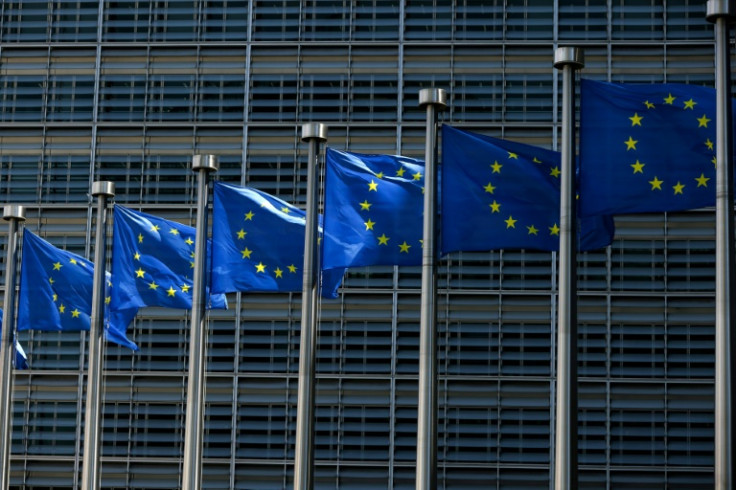Eurozone dodges recession but gloomy outlook persists
The eurozone economy showed greater resilience than expected after avoiding a recession in the fourth quarter of 2022, official data showed Tuesday, but the outlook remained gloomy as soaring prices dampen growth.

The single currency area's economy recorded weak-but-positive growth of 0.1 percent in the final three months of 2022, the EU's statistics agency, Eurostat, said.
The figure is lower than the 0.3 percent growth recorded in the third quarter of 2022, but better than forecasts of a contraction by economists.
"Good news: the euro area avoided a contraction in the last quarter of 2022," the EU's economy commissioner Paolo Gentiloni said on Twitter.
"We continue to face multiple challenges but the outlook for this year looks a little brighter today than in the autumn," he added.
The data will be welcome after fears of a deep recession following Russia's war in Ukraine, which unleashed sky-high energy prices and stoked inflation to record levels.
But people's purchasing power remains lower than before the war as fuel bills eat into household spending and push European businesses to the brink.
The economy has been helped by a mild winter, reducing the use of gas and electricity, while China's recent reopening and improved supply chains also provided support.
Economists acknowledged the worst was avoided but warned against celebrating too early.
"The worst scenarios for this winter have been avoided, but the economy remains sluggish" even if it did show "incredible resilience", according to ING's senior eurozone economist, Bert Colijn.
Andrew Kenningham, chief Europe economist at Capital Economics, was more pessimistic, predicting a recession in the first half of the year.
He pointed to the intensifying effects of the European Central Bank's monetary policy tightening as well as households struggling with the cost of living crisis and "sluggish" external demand.
The ECB is set to continue raising interest rates with a fresh hike on Thursday.
Eurostat also said the single currency area's economy grew by 3.5 percent in 2022 -- higher than China's at 3.0 percent and the United States at 2.1 percent.
The figure for the eurozone is better than the European Commission's forecast in November of 3.2 percent.
The economy of the 27-nation EU as a whole, including the countries using the euro, grew by 3.6 percent in 2022.
The International Monetary Fund (IMF) predicted the EU's single currency area would grow in 2023 by 0.7 percent.
The IMF said on Monday Germany, Europe's biggest economy, and Italy would avoid recessions this year, as European growth proved "more resilient than expected" despite the war.
Official data in Germany, however, showed that Europe's biggest economy unexpectedly shrank in late 2022, contracting by 0.2 percent in the October to December period compared to the previous quarter.
Italy's economy also retreated in the final quarter of 2022, decreasing by 0.1 percent, official data showed on Tuesday.
But France dodged a contraction after recording growth of 0.1 percent in the fourth quarter as the eurozone's second biggest economy expanded by 2.6 percent in 2022.
© Copyright AFP 2025. All rights reserved.





















